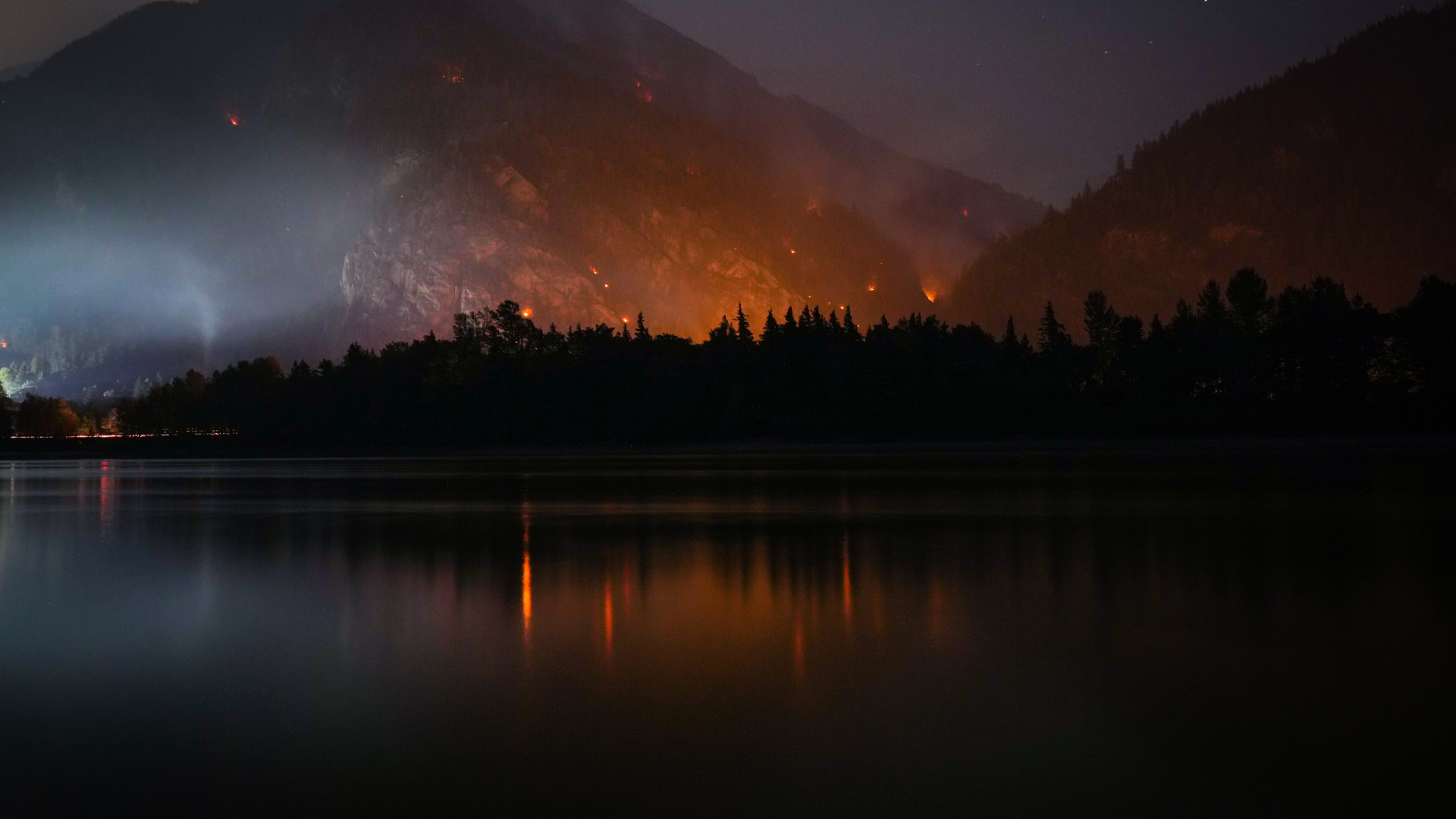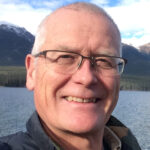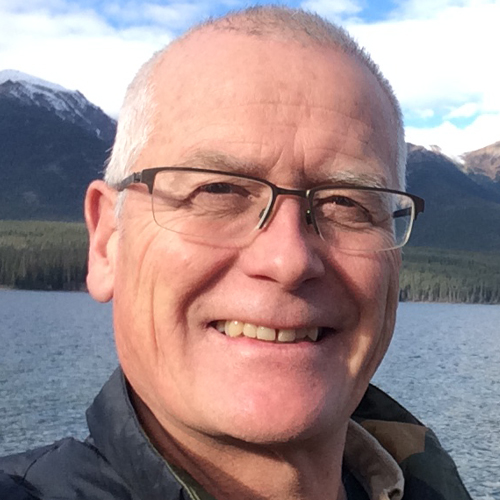
A rancher in the interior of B.C. watches a raging river find a new channel and sweep away her hay field after another “atmospheric river” blasts the province. In northeast B.C. a grain farmer worries about future crops as he digs down five metres and still finds dry soil as most of the province experiences some level of drought. A homesteader in central B.C. scrambles to round up cattle as advancing wildfires consume thousands of hectares of forest and grasslands in record numbers.
These stories which have unfolded over the last six years in B.C. are symptomatic of what climate scientists predict will occur increasingly frequently – extreme weather events resulting in worsening droughts, wildfires and floods.
Those with a close connection to the land in remote, rural B.C. are on the front line of the effects of human-caused climate change. They witness it in their daily lives.
So, why is this settler, non-Indigenous, agriculture-ranching demographic mostly unengaged with groups, organizations or political parties that have climate action as a focus? And what implications does this have for policymaking?
As a remote, rural resident in B.C. for more than four decades, and as the province’s former minister of Forests, Lands, Natural Resource Operations and Rural Development, these are the questions I recently set out to investigate. What I found had more to do with the question than the answer.
First, some context on natural disasters and on certain demographics in British Columbia.
Since 2017, B.C. has had the three worst wildfire seasons in recorded colonial history with 3.3 million hectares burned (the size of Vancouver Island) and 134,000 people displaced. During this period, there were also three major flood events devastating agricultural lands and rural communities and destroying provincial highways and rail lines. Added to the mix were extended drought conditions and a heat dome that resulted in crop loss, poor fruit harvests and die-offs of spawning salmon.
The urban-rural split
Against this backdrop, B.C. is the most urbanized province in Canada with only 12.7 per cent of its population living rurally. A further division is found in partisan politics with 70 per cent of the seats attached to population centres of 100,000 or greater held by the NDP, a party with a climate-action agenda, while the provincial Liberals (now B.C. Unity) hold 70 per cent of the seats in the least populated constituencies.
With this kind of population and political split, it’s no wonder that a subset of the remote-rural demographic thinks that climate action policies are created by “others” – an urban elite. Add in a distrust of government and a fear of land dispossession and you have a volatile mix for the growth of far-right populism (the Freedom Convoy departed from B.C.).
The sentiment has already made its way into mainstream provincial politics. A B.C. Liberal MLA was kicked out of caucus for posting social media tweets rebuking carbon dioxide impacts on climate change, stating “there’s no room for any discussion on the topic whatsoever and he [the B.C. Liberal leader] wants to play up to the environmental elitist crowd.” Some might say this is an opinion of a fringe minority. But, for those interested in addressing the climate emergency through policy change, this trend is ignored at great peril.
One step for policymakers and influencers that could buck the trend of far-right populism exploiting the urban-rural split through the lens of climate action is finding ways to garner more support from those remote-rural, non-Indigenous, agriculture-ranching community members.
But, how to do that? This comes back to my analysis of the question I set out to investigate: Why is it that the settler, non-Indigenous, agriculture-ranching demographic is mostly unengaged with groups, organizations or political parties that have climate action as a focus?
The need for bias checks
Like any investigative question, this one contains biases and assumptions. For example, it infers members of this community don’t support climate action groups because they don’t care about the land or the future in the same way as an urban environmentalist does. In another context, this is what author Chimamanda Ngozi Adichie calls “the danger of the single story.”
The “danger” in this case is that the oversimplification created by one’s biases and assumptions overlooks the complexities of remote, rural life and leads to an us-versus-them binary that is not conducive to good public policy development. A single story betrays the complexity that a person can hold an unambiguous worldview and not necessarily hold homogeneous values on a topic such as the land.
For instance, my neighbours in rural northwest B.C. include clearcut loggers who love the forest; ATV quad mud-boggers who cherish pristine wilderness; hunters who are ardent conservationists; and ranchers who have a deep spiritual connection to the land. The single story ignores these complexities and inhibits consideration of different worldviews. Behind the single story are our own biases and assumptions.
So, here are a few questions for policy influencers and makers, including public servants, NGO leaders and academics, to consider: What biases and assumptions do you hold that effect the way you listen and the relationships you have with remote-rural, non-Indigenous residents who are part of a ranching-agriculture ethos? Where did these biases and assumptions come from? What stories were you told? How do they affect your relationship to the land?
Taking this approach requires slowing down, reflecting and thinking – traits that are not often given space in political policymaking environments that value speedy, straightforward and uncomplicated solutions.
Yet, without understanding our own biases and assumptions it will be difficult to get beyond single stories and address real-life complexities when creating climate action policies. Undertaking this approach just might find something that binds us, leading to better policy outcomes. Not doing so risks missing what could be an incredible opportunity to change the narrative that concern for climate change is a concern of the elites.










